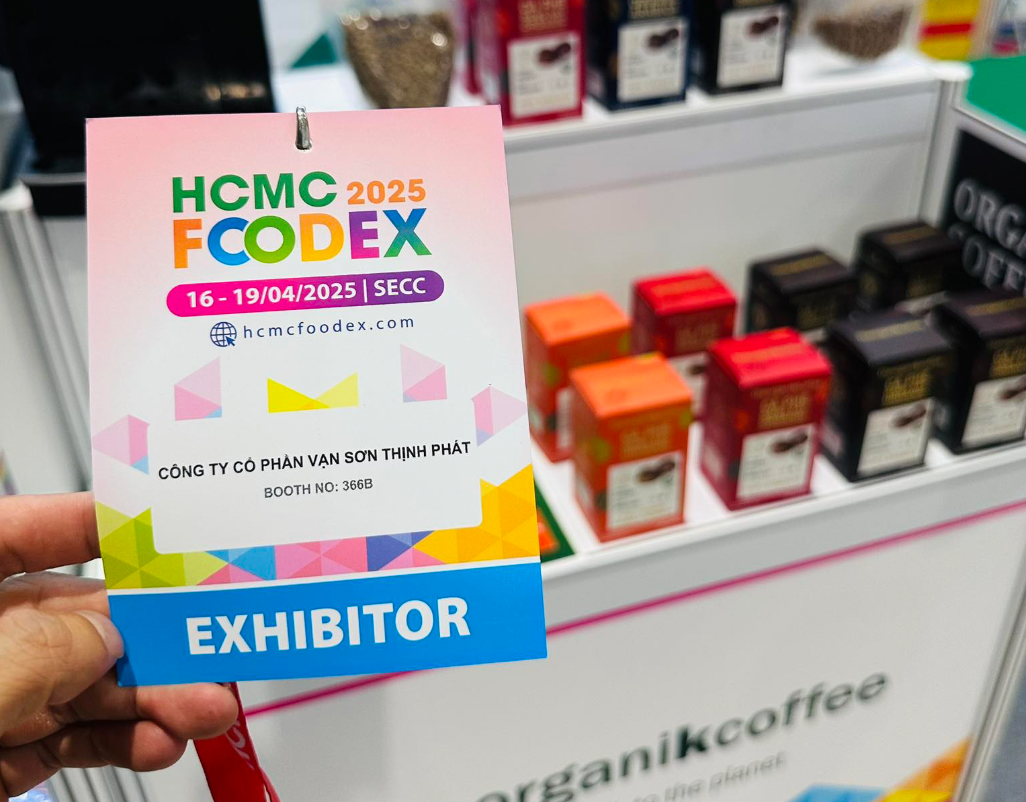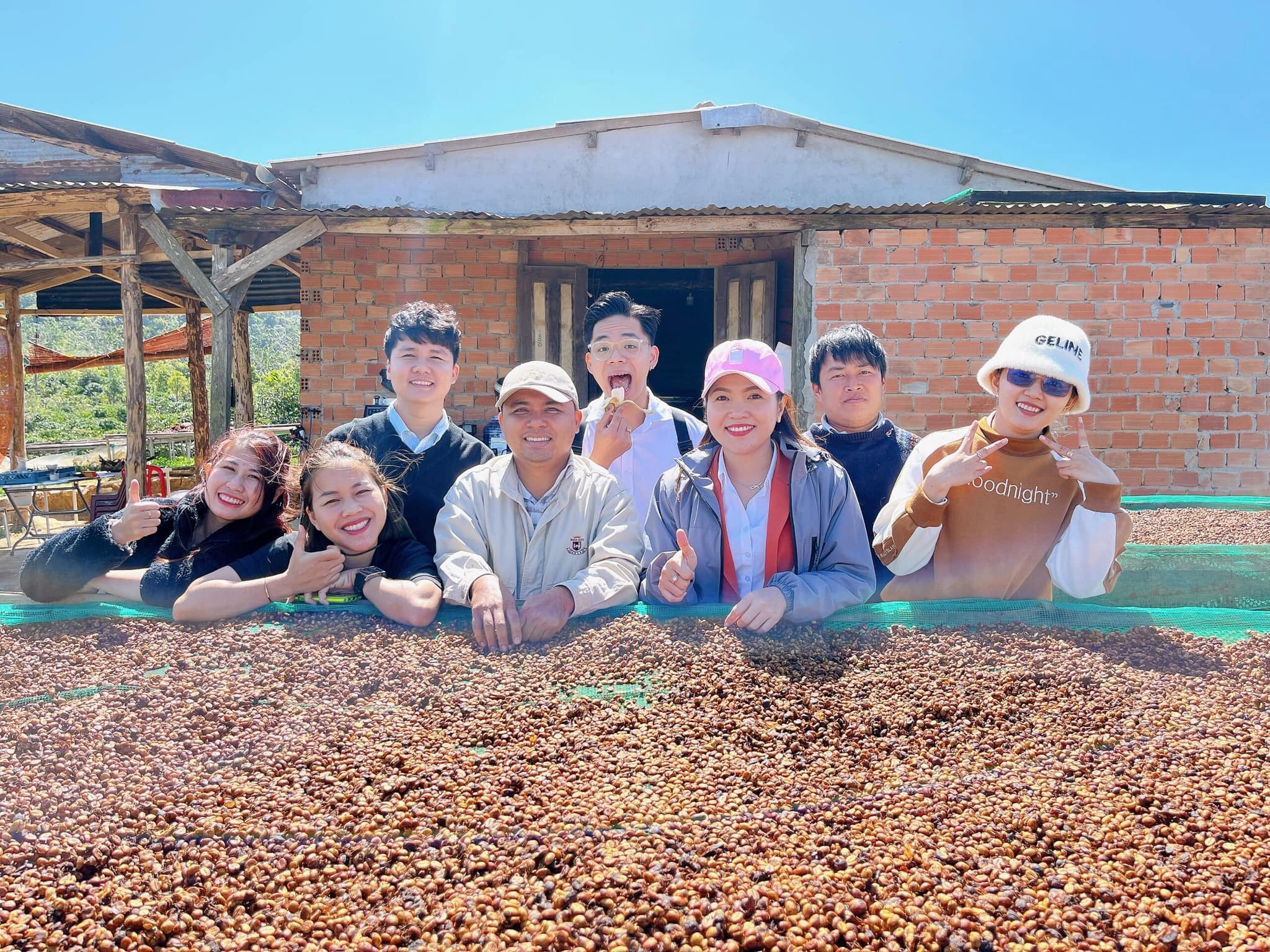Overview of Organic Certification
As a quick overview to set the stage for the rest of this journey, here’s a simplified list of the key standards and principles of Organic Certification for agricultural crops:
- Certified land must demonstrate an absence of all prohibited substances for at least three years before achieving certification.
- Organic certification holders provide organic products worth at least $5,000 annually; farms/businesses with total revenues below $5,000 are not required to obtain certification but also cannot use the official seal in marketing.
- Land must be managed using natural practices such as crop rotation and cover cropping.
- GMOs (genetically modified organisms) are prohibited, with organic products prioritized.
- Biological control measures are used to treat and prevent diseases, pests, fungi, and weeds; approved synthetic substances may be used.
- Regular inspections must be accepted and adhered to.
The Meaning of "Organic" Certification
Technically, the term "Organic" simply refers to anything that was, is, or relates to living matter containing carbon compounds. For example, you are an organic being, and so is your dog—just like the flowers and vegetables in your garden, and the compost you use to fertilize them, which is made from a combination of food scraps, paper, and yard clippings, all of which were once living and contain carbon.
When we talk about "organic agriculture," we're entering a somewhat different territory. While the term was coined in the early 20th century to describe a traditional farming approach that emphasizes natural techniques and inputs for cultivation, the "style" of farming inspired by organic agriculture existed for centuries before. In fact, the term was introduced in response to the rise of what we now call "industrial agriculture" or large-scale farming—around the mid-1800s.

Conventional Farming
Conventional farming arose from the desire to produce large quantities of food (and other crops like cotton) in less time and at lower costs. This approach became exponentially more accessible and profitable for farmers with the development of synthetic fertilizers, completely transforming the face of agriculture.
In the 1800s, an individual farm could sustain a family of five, with about 90% of the population living and/or working on farms. By 1995, nearly 130 people could be fed from a single farm, and only 1.3% of the population was engaged in agriculture in any form.
Organic Certification
Starting in the 1940s in the United States, opposition to industrial farming and synthetic chemicals sparked environmental and human health concerns, driving farmers to return to traditional methods for growing commercial agricultural products. Consumer demand for organic produce grew, and by the 1970s and 80s, "Organic" became more popular and largely unregulated.

This suggests that the terms "organic agriculture" or "organic farming" are not new concepts, and the Organic certification itself has only been around for about 30 years.
In the United States, it wasn't until 1990 that Congress passed the Organic Foods Production Act, which marked the beginning of formalized standards defining "Organic" in a certified sense. These standards were established by a federal management program called the National Organic Program (NOP). The official standards were issued in 2002, although they have evolved over time. (Historically, there have been older certifications, but the 1990s and 2000s were the first to witness the application of official standards on an international scale.) The NOP is responsible for recognizing third-party auditors and certification organizations capable of issuing USDA certification to producers and operators.
*Third-party auditors are independent agencies or private companies hired to conduct assessments for Organic Certification.
There are several fundamental principles for organic certification, primarily focusing on land, crops, and livestock: there is a list of prohibited synthetic and chemical substances that must not be found on certified organic farms, certain necessary practices (such as cover cropping), and ethical treatment considerations for animals. However, organic certification does not encompass social components and is not related to farm management areas like labor rights. In related posts, we will explore certifications that integrate social components.
To Obtain Organic Certification
To be certified, producers (or associations) must use organic methods and materials for at least three years before they become eligible for certification. Once they have begun organic farming, they can choose a local certifying agency and submit an application for inspection. An inspector will be assigned to the farm to create a report, and the certifying agency will review the application along with the inspector's findings. If everything checks out, organic certification will be granted, and the farm will be subject to annual inspections to ensure compliance.

Organic coffee requires relatively higher production costs for farming operations and certification seals.
The cost of certification varies depending on several factors, including the size of the farm or business, the complexity of the analysis, the products being sold, and the certifying agency itself. Generally, organic certification can cost several hundred to several thousand dollars, not including any operational costs associated with transitioning to organic methods (if necessary). These costs, along with the relatively higher production expenses for certified organic coffee, are part of the reason why organic products often have a higher price.
When a farmer is a member of a grower association or cooperative, the cooperative itself may hold the organic certification instead of individual members. The rigorous evaluation process and requirements remain the same, but this allows farmers to reduce certification costs. However, the certification for the entire group is at risk if any member fails to comply with organic standards.
Is Certified Organic Coffee Better?
This is one of the most frequently asked questions about organic products, and there are several ways to answer it.
Is certified organic coffee better for you? There are numerous reports highlighting the health benefits of coffee; however, whether organic coffee is better for you remains a topic of debate.
But a more practical question often raised is whether organic coffee contains more or fewer chemical toxins than non-organic coffee. Unfortunately, studies have shown that the presence of chemical toxins is most affected by the drying and processing methods used during and after coffee processing, rather than during cultivation or farming. Furthermore, most concerns about chemical toxins in coffee have been misplaced and misunderstood: the majority of specialty coffee will have very little presence of toxins to begin with, and even less after the roasting process.
Is Organic Certification Better for the Environment?
The short answer is yes. Coffee production uses a significant amount of resources, from the nutrients required in the soil to the ongoing care needed to prevent weeds and pests, as well as the water used in various processing methods and facilities for milling and storing the coffee. Adding synthetic chemicals and pesticides to that chain of activities only increases the environmental impact of coffee production, particularly on local ecosystems and biodiversity.





